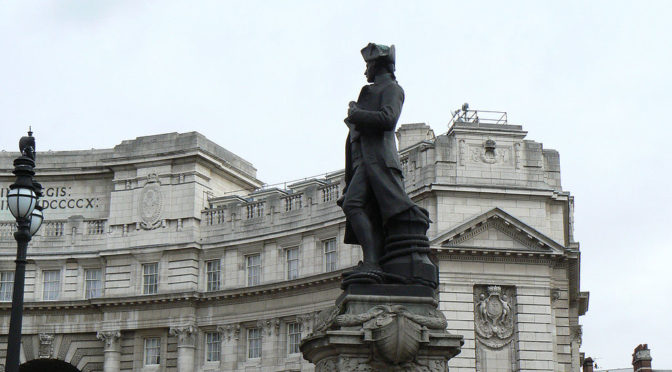On Wednesday, 2 October, the British government expressed its “regret” for the killing of 9 Māori after the arrival of Captain James Cook in Aotearoa (New Zealand) in 1769. The statement was made in private by the High Commissioner to New Zealand, Laura Clarke, and did not include an apology.
Students at Edge Hill University who are working on the history of the British empire have responded with a series of group statements. The statements articulate a range of opinions, but most expressed disappointment and frustration:
“Too little, too late.”
“Half-hearted, half-way and a complete waste of everyone’s time.”
“Are we supposed to be impressed at the government for admitting that something that definitely happened, actually happened?”
“Although ultimately an apology cannot undo the brutal crimes by Cook, an apology is the civil and decent thing to do in order to provide some degree of closure for the Māori people.”
“To recognise wrong-doing without an apology is not to show genuine regret.”
“We think that this is a token gesture that doesn’t mean much, and is an attempt to try to sweep the issue under the carpet.”
“Apologies are necessary for admitting any wrongs committed. By not offering an apology, the British government implies that years of imperialism and murder were not wrong.”
“If the government was to express regret, it would be preferable to apologise fully, rather than treading the line between that and ignoring the event, which makes it feel disingenuous.”
“An insensitive approach— some responsibility would be appreciated and make the process of healing smoother.”
“They should have just apologised.”
“Ceremony insensitive; regret and denouncing past actions was appropriate; apology not necessary for the actions of a different entity.”
“More could be done to make it genuine.”
“An apology is needed, but it cannot change the past.”
Taught by Professor James Renton, Director of the International Centre on Racism, the curriculum on the history of the British empire at Edge Hill focuses on race, colonial violence, and anti-colonial resistance.
Image: “Statue of Captain James Cook at Admiralty Arch, London.” By Patche99Z (CC BY 3.0).

